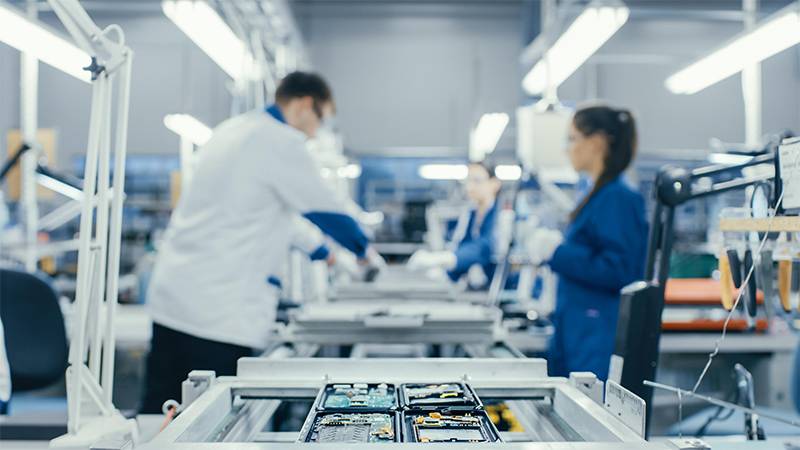In a development poised to revolutionize the battery industry, BASF, a leading battery materials manufacturer, is collaborating with Nanotech Energy, renowned for its graphene-based energy solutions, to introduce lithium-ion batteries composed of recycled materials to the North American market. This initiative, emanating from a facility in Battle Creek, Michigan, is anticipated to significantly reduce the CO2 footprint of batteries by approximately 25%, marking a substantial stride in environmental conservation efforts.
BASF is responsible for developing cathode active materials utilizing recycled metals, which Nanotech Energy will subsequently employ to construct lithium-ion battery cells. This collaboration extends to the American Battery Technology Company (ABTC) and Canada’s TODA Advanced Materials Inc. ABTC will undertake the recycling of materials such as nickel, cobalt, manganese, and lithium procured by Nanotech, with TODA transforming these materials into battery precursors. These precursors are then converted by BASF into cathode active materials, completing the production cycle.
Lithium-ion batteries, integral to a myriad of devices including cellphones, laptops, and notably, electric vehicles (EVs), have underscored the urgency for enhanced recycling programs due to the substantial e-waste generated upon disposal. The collaboration between BASF and Nanotech Energy, along with ABTC and TODA, establishes the inaugural closed-loop system in North America, enabling the production of lithium-ion batteries featuring locally recycled content.
Lithium-ion batteries are commonly found in devices like cellphones, tablets, laptops, power tools, and other tech, but some of the biggest batteries go inside electric vehicles. Not only do these hefty batteries require more minerals, but they can also create a massive e-waste problem when thrown away, creating a need for better recycling programs.
According to The Verge, this venture is concurrent with the Biden administration’s endeavors to expand the lithium battery supply chain and recycling initiatives in the United States, reflecting a broader governmental strategy to support the burgeoning EV sector. The Department of Energy has allocated substantial funding, including $3.1 billion for the establishment of battery production facilities and an additional $192 million aimed at fostering battery recycling, signaling a robust commitment to sustainable energy solutions and environmental preservation.
This collaboration represents a pivotal advancement in BASF’s global battery recycling operations, reinforcing the commitment to sustainable and environmentally friendly practices in the battery production sector. The integration of recycled materials in lithium-ion battery production not only mitigates environmental impact but also addresses the escalating demand for batteries in the tech and automotive industries, particularly in the expanding electric vehicle market.
More inspiring green news similar to this:


